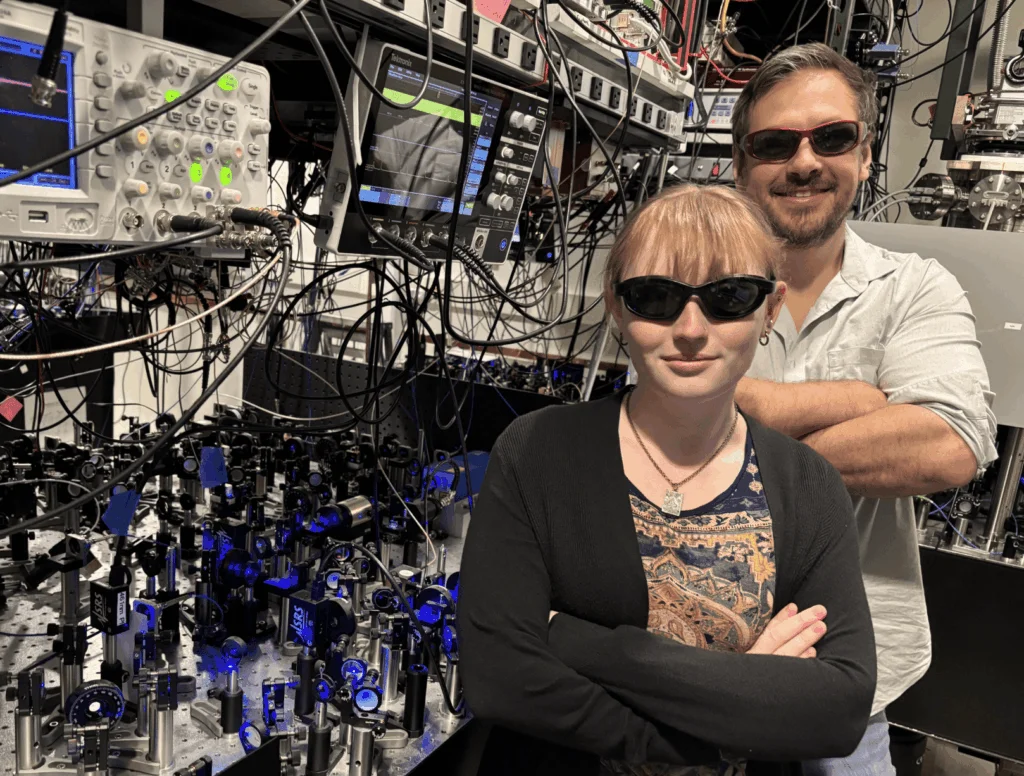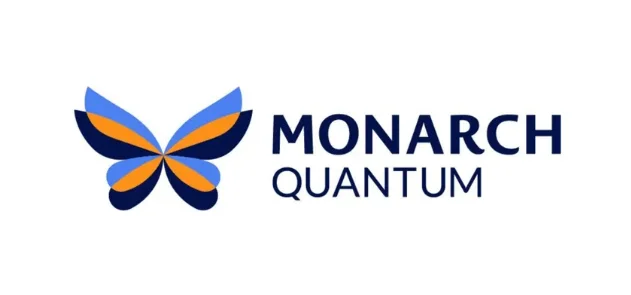
New State of Mind
Without a doubt, quantum computing (QC) has come a long way over the last decade. Ever since the first quantum computer became available to use on the cloud less than five years ago (thanks IBM), it has put the once out-of-reach piece of lab technology into the hands of every person: now you can use a quantum computer, when in the past it was just the scientists at places like MIT, Caltech and the Los Alamos National Laboratory.
This is life-changing to some, especially for those who are adept at programming and fancy a career in QC.
Yet, there’s a problem: just because you’re a wizard with Python, JavaScript, C#, C, C++ or any other classical programming languages, it doesn’t mean you’re going to walk into the offices of any of the QC startups or bigger players and demand a substantial six-figure salary.
That just ain’t gonna happen, buddy.

Okay, they can help in that to learn them takes ‘some sort of intelligence’ which you can bring to pick up the bare bones of quantum programming — like the basics of linear algebra and vectors, some quantum mechanics (physical systems are modelled by vectors in a vector space and all that), as well as the probability and amplitude of states… oh, Mr Grover’s and Mr Shor’s algorithms, too.
But then, there’s still a long way to go. For one, traditional software programmers have to remember classical binary computing is based on the if…then…etc counterfactual sequential system while quantum computing, dear God, gets its logic (or is that anti-logic) from the laws that rule quantum mechanics where the system of conditional logic and the physical world has no meaning.
A new state of mind is needed, a quantum one.
But all that was obvious, wasn’t it?
Well anyway, to facilitate this there are people busy working on the problem. Clever people, people willing to give up their time, dollars and reputations to fill the quantum programming void for the betterment of the growing QC community.
Like Petar Korponaić, for instance. A quantum computing enthusiast with over 25 years’ experience in the IT world and by profession a software engineer, he’s also the founder of Quantastica, a quantum startup that provides ‘programming tools and software solutions for the new era of information technology’.
Quantastica
Founded in 2019, Quantastica has offices in Helsinki, Finland, Tallinn, Estonia and Subotica, Serbia. Korponaić and his team — through its innate entrepreneurial spirit — believe the new paradigm of QC will never take over from the classical system of doing computations but rather work with it to solve, what the startup calls ‘previously unreachable computational problems’ in sectors like drug development, energy, materials science, and supply chain logistics.
The bridge between quantum and classical worlds
— Quantastica
And the startup’s solution?
To build the software that provides the community with quantum programming tools, simulators, algorithmic development, and cross-platform uniformity that are second to none.
Additionally, Quantastica’s Quantum Programming Studio, a web-based graphical user interface for designing quantum algorithms and executing on simulators or on real quantum computers, offers clients the chance to connect directly and easily with a quantum computer by using the drag and drop method to build circuit diagrams that translate into quantum code.

One of the big guns of the QC industry, Rigetti Computing, allows the startup to use its Quantum Cloud Services (QCS) that enables users to access quantum hardware through Quantastica’s virtual programming environment.
Unitary Zero Space, meanwhile — a Finnish technology-independent quantum computing and quantum technology services startup, hardware-independent development environment in UZS training and education — is Quantastica’s help on strategy and business development.
Quantum software and programming still has a long way to go, but it’s going to take startups like Quantastica and founders of Korponaić’s ilk to make a difference between whether the QC programming grows or dies a very sad superpositional death.
If you found this article to be informative, you can explore more current quantum news here, exclusives, interviews, and podcasts.















